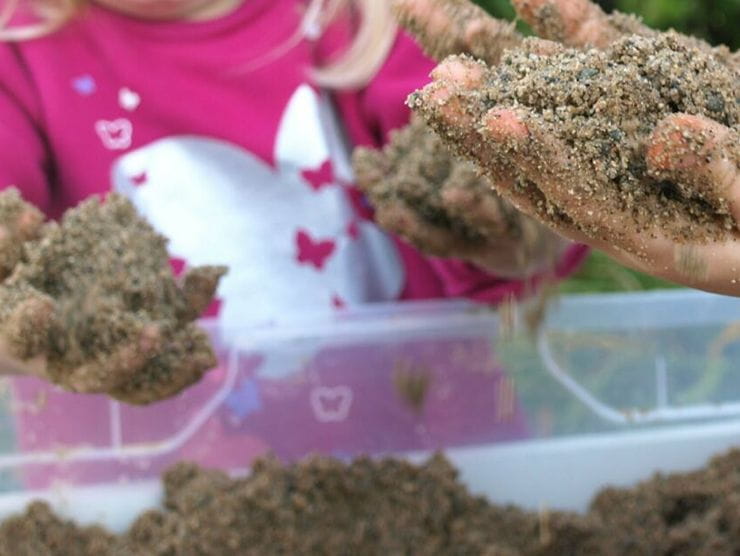Congratulations, you're expecting another child! You are probably anxious to share your joy with family members and friends, but what about your child? When and how should you tell your kids that you're pregnant?
While every family and child is different, in general, breaking the pregnancy news to children too early can increase their anxiety and make the nine-month wait seem interminable. It's often best to wait a few weeks or months to tell your child you're having a baby. Be sure to advise family members to keep the news quiet until you're ready to share it with your child. The last thing you want is for them to hear it from someone other than you. You want to be the one that says "Mom is having a baby!"
How to Tell Your Toddler or Preschooler You're Pregnant
- Don’t rush. Your young child has a limited capacity for understanding time. It is usually best to wait until your second trimester to let your little one in on your big news. One exception to this advice would be if you have a hefty dose of morning sickness, in which case you might want to share the news sooner so your child doesn’t think something is wrong.
- Keep it simple. When you do tell your child about your pregnancy, use simple, correct terms, e.g., "The baby is growing in my uterus, which is a part of my body." Just give your child the basic facts and offer more information if they have additional questions.
- Involve your child. Let your child feel the baby kicking and look at ultrasound pictures to make the baby seem more real. Shop for clothing, diapers, and other baby essentials together. Read picture books about pregnancy and babies. Spend time with babies so your child understands what to expect and is prepared to become a sibling.
How to Tell Older Children You're Pregnant
- Consider your child’s readiness. Think about your child's temperament and how they might respond to the pregnancy news. Some children are instantly thrilled at the idea of having a younger sibling; others need time to adjust.
- Offer a few details. Your older child can understand more about pregnancy, but don't inundate them with details. Offer general information and answer any questions. Mark the expected date on a calendar and give some landmarks for when the baby will arrive, e.g., "Our baby will be born right before Halloween, sometime around October 21, but we're not sure of the exact day."
- Involve your child. Let your child come to an ultrasound or doctor's appointment and look for other ways to involve them. Perhaps your child can help paint the nursery or pick out bedding. Talk about what to expect.





